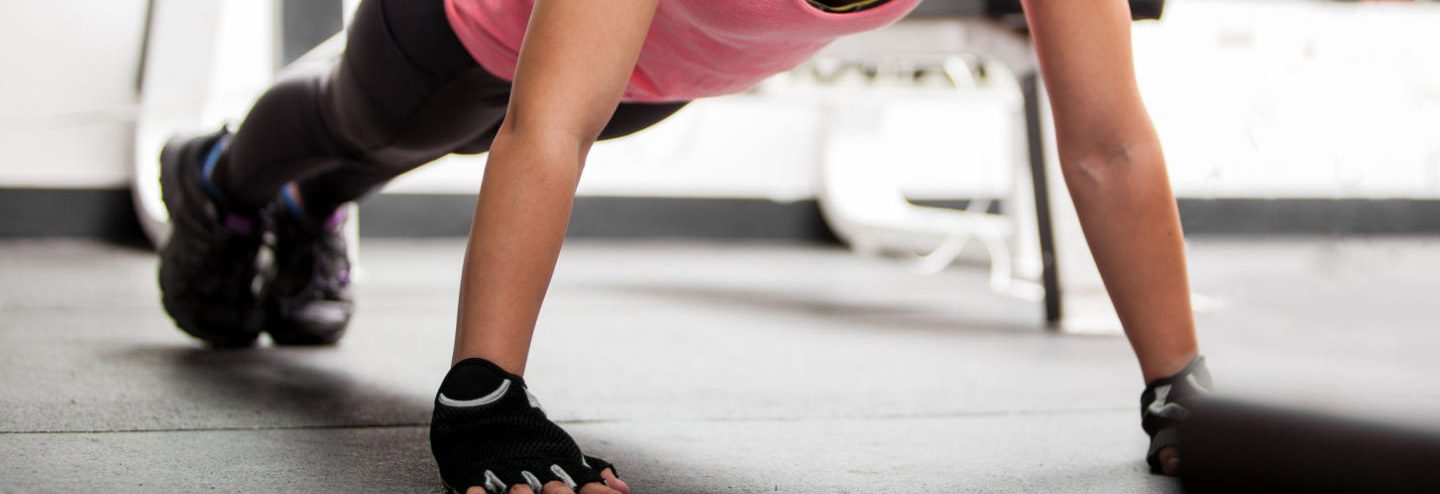The support network one has in poker is a big part of any player’s success. Every poker player, whether professional or beginner, male or female, needs to know there are people rooting for their success.
One of my greatest poker regrets occurred in 2004 when Charity, my wife at the time, called me as I was about to play a satellite for a seat in the WSOP’s Main Event. Charity was playing in the Ladies’ WSOP event and called very excited. She said, “Robert, I am the chip leader and very nervous. What should I do?”
Charity had only been playing for about four years, and this was a very big deal for her. I debated whether I should play the satellite or go support her in her event. I decided she was doing so well she did not need me, and it is a decision I have always regretted.
Satellites run all the time, but that was a milestone for Charity. I should have been there cheering her on. She finished close to the money, but I blame myself for not giving her support when she reached out.
I have noticed I play much better if others are there giving me words of encouragement. Some may not believe in the power of positive energy, but I believe it is a strong force. I like to say the more people railing me, the better. We see proof of this every year when ESPN televises the final table of the WSOP Main Event. Watching the crowd cheering on their favorite players reinforces my belief that sending positive energy sure seems to work.
Jackie Wesley, a poker player and member of a Facebook group called “Poker Wins, Goals & Dreams” described a recent tournament experience in which she was the only female:
“I was focused on my game when all of a sudden, I felt people behind me,” she said. “All I could think of was I really need to make some good decisions as I did not want to let them down. I realized support at the table and off the table keeps me wanting to strive to be a better poker player. It isn’t about the money for me; it’s about the people.”
I couldn’t have said it better myself.
Poker is a social game, and one of my greatest joys is introducing new people to it. Not every player has a professional poker player as her mentor like Charity did, but everyone needs to learn poker in a supportive environment. A poker table can be a very intimidating place, especially for women.
As Donna Blevins, a poker coach and writer for BigGirlPoker.com, says: “When women learn to play poker, their biggest challenge is most often lack of confidence…I learned how to set my intention and discover my confidence at the table.”
This confidence learned at the table cannot help but spill into one’s life. But where does one get their start in poker? Many learned from their family playing around the kitchen table while others got their start online. Still others prefer the experience of learning in a more formal environment.
This is where poker schools come in. I was instrumental in forming a poker university at the Bicycle Casino in Los Angeles as was Phyllis Caro, who formed a poker school at Hollywood Park. Today, Roger Rodd’s University of Poker at Commerce Casino continues that tradition. In fact, I am teaching an introductory Omaha class there in less than a month (Jan. 15).
Nancy Birnbaum co-founded the U.S. Women’s Poker Academy specifically to teach women the skills required to succeed at the tables.
While schools can teach beginners how to put their feet under the poker table and begin to play, that is just the first step.
To take one’s game to the next level requires study and practice, and resources like books and magazines are invaluable. Some are geared specifically toward women, like Mike Caro’s book, Poker for Women: A Course in Destroying Male Opponents at Poker…and Beyond.
MaryAnn Morrison, an advocate for gender equality in poker and founder of Woman Poker Player magazine, recognizes “that mentoring and learning from other women has produced the greatest results in morale boosting and enabling success.”
Now an e-magazine, Woman Poker Player attracted 500,000 unique visitors in its first year, proving women are a growing, but often overlooked, demographic in poker.
I read somewhere that 30% of online poker players are women, yet 95% of live tournament players are men. We need to ask ourselves why this huge disparity exists. Maybe we are not making women feel comfortable at the table or maybe we don’t give them enough support.
Whatever the reason, when we do come up with the answer, we can change the face of poker forever.
Support network one has in poker a big part of success
Закладка Постоянная ссылка.






